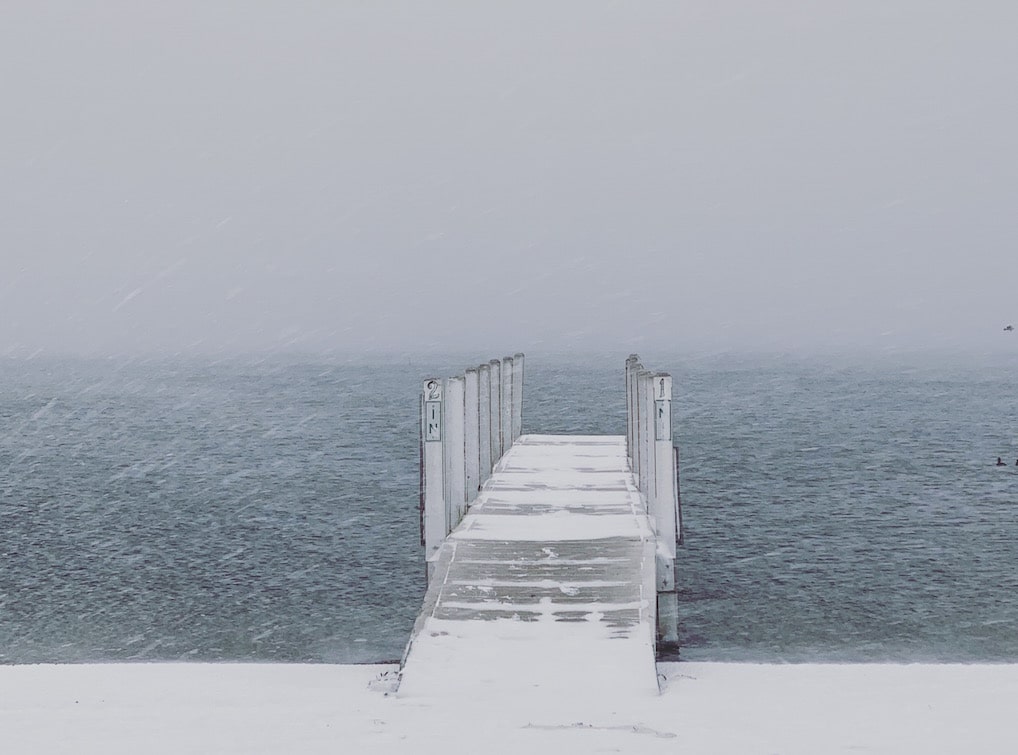Ah, but I’ve already tricked you. Because the headline, for 99.85% of those reading this, doesn’t apply. There were olden times where we’d use our lake houses in the summer and shutter them in the fall. The winter would be long, and since we wouldn’t be visiting, we’d drain the pipes and turn off the water and add anti-freeze to the toilets. We’d cover the screens in plastic that was sure to be ripped by the winter winds, and hide the key under the rock to the left of the front door and that would be that. Today? Let’s not do that.
Assuming your house is an all-year house, let’s think about how you should handle it in the winter months. While you won’t be visiting as much in the winter as you did in the summer and fall, you should still find your way here now and again. If you claim there’s nothing to do here in the winter, I’d tell you that you’re wrong. What is there to do in the suburbs in the winter? Exactly. In order to make those winter visits more enjoyable, I’ll tell you what I’d do to prepare my lake house for this upcoming season. (This is not mechanical or legal or engineering advice(!)
You’re tempted to turn the head down. 55 degrees, that ought to do it! Let’s not do this. You’ll save like four bucks a month by turning your heat down to a dangerously low level, and the risk just isn’t rewarded here. Your thermostat is likely in a central part of your home, perhaps one or more on each floor. Where they are not is under vanities located on outside walls and that’s where the danger resides. Let’s leave our heat set to 65 degrees all winter. That’s warm enough to keep your furniture and woodwork stable, and low enough to not run up your gas bill any more than might be necessary.
There is a great debate about whether or not to turn off your water when you’re not here. I think this is a tricky one, but let’s assume your have a whole house humidifier to keep your woodwork happy all winter. If that’s true, and your plumbing is set up in such a way that when the water is off to the house you’ll starve that humidifier of the necessary water, then let’s leave the water on. This is why the heat setting is so important. If you have no such humidifying system that requires water, then let’s go ahead and turn the valve to the off position while you’re not there. Just in case.
To complete the winterizing process, it’s a great idea to have a few water sensors and cameras. You can keep an eye on your house when you’re not there and that provides an incredible amount of reassurance. You needn’t hire an AV or alarm company to go wild in your home with all varieties of cameras and sensors, although that’s a pretty neat idea. You can buy a camera and water sensors and install yourself with relative ease.
If you’re dead set on lowering your heat to 52 degrees and turning off your water, that’s fine I suppose. That’s what my dad would do. But let’s forgo the $7.82 in gas savings and keep your home happy this winter. The added bonus is when you drive up on a snowy Friday evening you’ll arrive to a warm house with running water, which is always better than a frozen house with running water…

